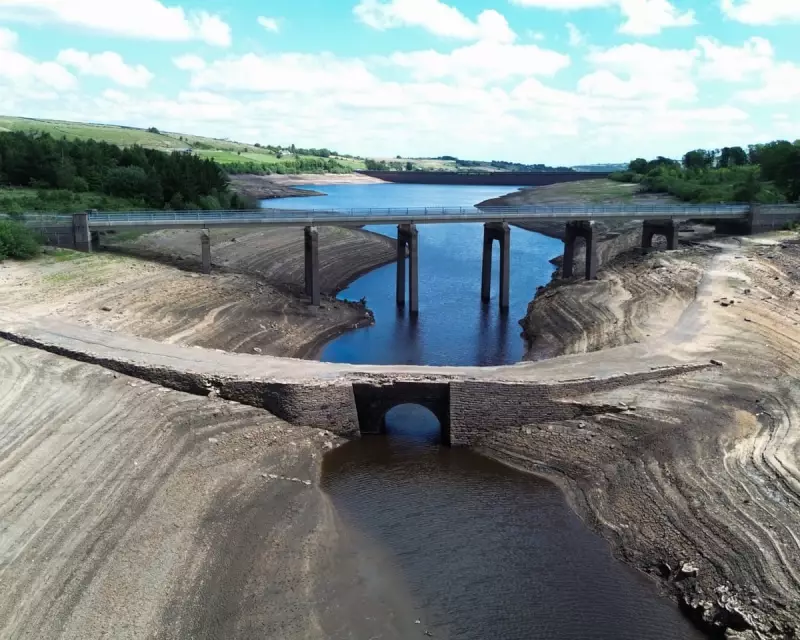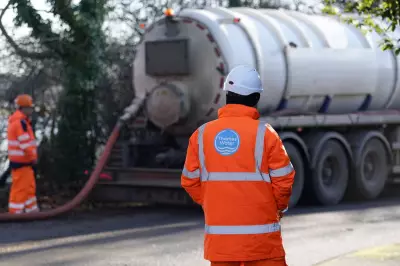
Emergency Drought Plans Activated for England
Water companies and the UK government are developing emergency contingency plans to address what could become the most severe water shortage England has witnessed in decades. Senior executives from major water providers have expressed extreme concern about current conditions and the potential for another dry winter.
Alarming Water Storage Situation
The precarious water situation stems from months of record dry weather that has left reservoirs and groundwater supplies dangerously depleted. Despite roughly average rainfall during September and October, the recovery has been insufficient. Average reservoir storage currently stands at just 63.3%, significantly below the typical 76% expected for this time of year.
Particularly concerning are three reservoirs recording critically low levels: Ardingly in West Sussex, along with Clatworthy and Wimbleball in Somerset, are all operating below 30% capacity. The problem extends beyond surface water, as groundwater supplies - which take much longer to recharge than reservoirs - remain fragile despite recent rainfall.
Expert Warnings and Government Response
Alastair Chisholm, Director of Policy and External Affairs at the Chartered Institution of Water and Environmental Management, highlighted the severity: "In UK drought management terms, a second dry winter is when things start to get serious. Met Office warnings of increased risk of dry spells through an important time of year for recharge of our water resources will ring alarm bells."
The Met Office's chief meteorologist, Dr Will Lang, provided sobering context: "This year has been characterised by notable rainfall deficits across much of England. By 28 October, provisional data shows England had only 61% of its expected annual rainfall, when we'd normally have about 80% at this time of the year."
Water minister Emma Hardy acknowledged the challenges: "We are closely monitoring all regions - especially those still experiencing drought - and working with the National Drought Group and water companies to maintain supplies."
Long-term Solutions and Immediate Actions
Experts emphasize that England's water resilience problems stem from multiple factors: a growing population, increased risk of hot, dry summers due to climate change, and the fact that no new major reservoir has been constructed in over 30 years.
Professor Hannah Cloke, a hydrology expert at the University of Reading, stated: "We now need exceptional rainfall all winter just to recover. Even with recent improvements in some areas, many drought orders and hosepipe bans are staying in place. That tells you how serious the water resource deficit really is."
While the government has announced plans for nine new reservoirs, water experts argue that faster-acting solutions are equally crucial. These include:
- Accelerated leakage reduction programs
- Widespread installation of smart meters
- Mandating water-efficient appliances in new homes
- Implementing nature-based solutions like wetland restoration
- Encouraging household rainwater harvesting
Dr Megan Klaar from the University of Leeds added: "We know that climate change is making rainfall patterns more variable, with longer dry periods and more intense wet periods. This growing volatility makes it harder to plan or foresee with certainty, making the reliance on rain to arrive 'just in time' an unreliable strategy."
The situation remains critical, with the country's water security depending heavily on winter rainfall patterns. Without substantial and sustained precipitation in the coming months, England faces the very real prospect of severe water restrictions and potential shortages by next summer.





